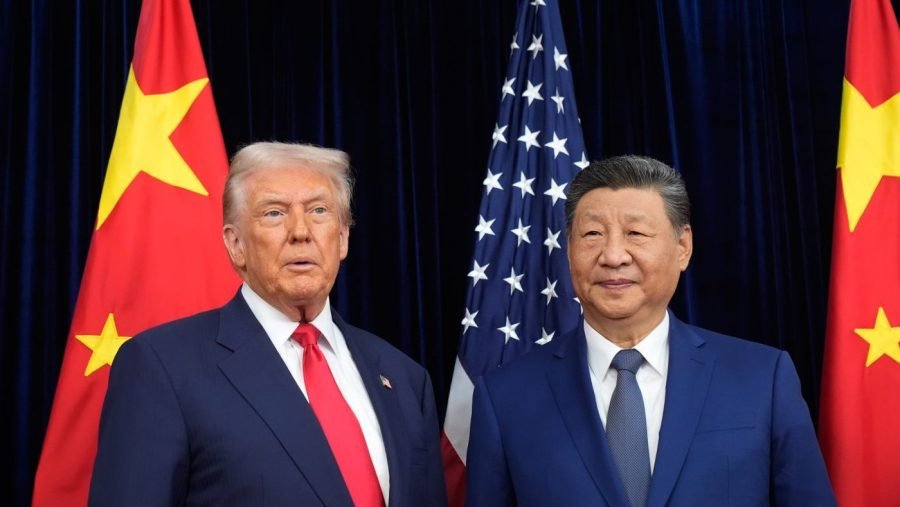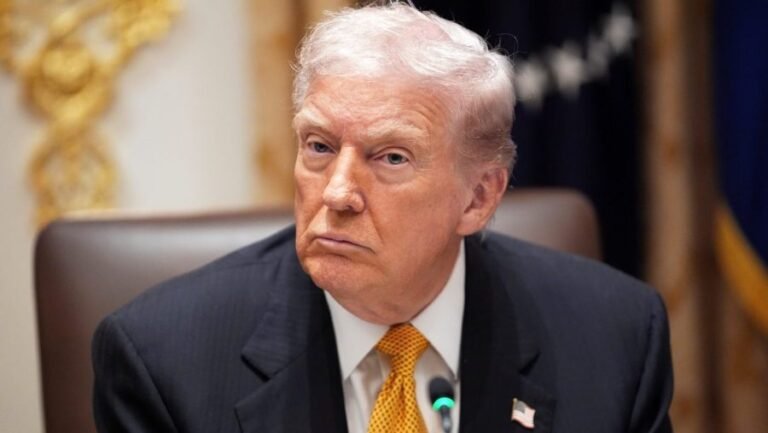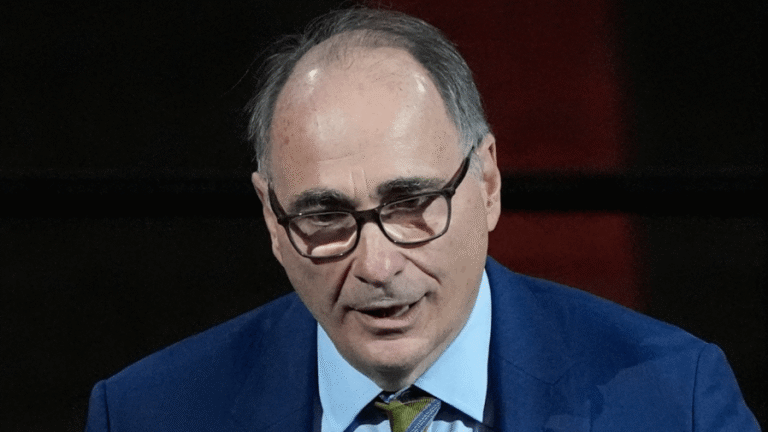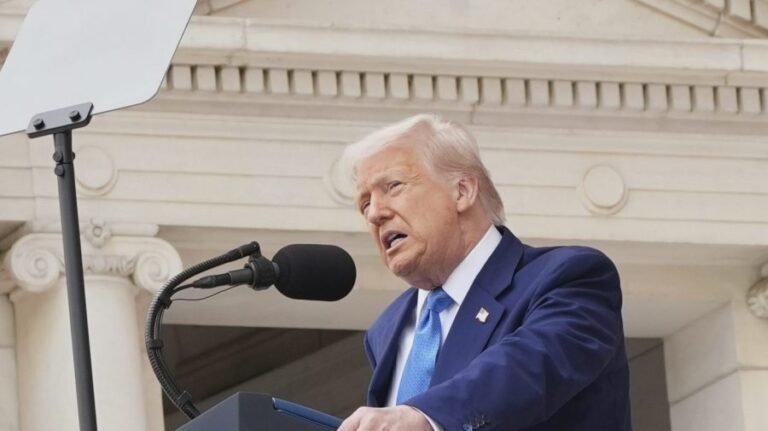
The recent meeting between Donald Trump and Chinese President Xi Jinping might as well have been called the walk-back summit.
Both parties declared a mutual truce in what has been an ominous, gradually escalating trade war. Beyond exercising national self-restraint by not further exacerbating the economic confrontation, they agreed to roll back recent actions: Trump would soften his tariffs and China would soften its response. But, in a larger sense, Trump’s America First project, as he has long contended, is itself a response to the range of foreigners’ unfair trade practices long tolerated by U.S. administrations of both parties.
In the spirit of trade truce-making, Trump and Xi avoided even mentioning two topics that have traditionally been bones of contention: Taiwan and human rights.
China tends to raise the Taiwan issue at every opportunity, ever since Richard Nixon and Henry Kissinger met with Mao Tse-tung and Chou En-lai in 1972. During that fateful meeting, the two U.S. realpolitikers conceded much strategic ground to Beijing by “acknowledging” and “not challenging” Beijing’s expansionist claims on Taiwan. Reports anticipating their recent meeting in South Korea suggested that Xi would press Trump not only to state passively that it “does not support Taiwan independence” but that it actively “opposes” it.
Secretary of State Marco Rubio assured Taiwan and its American and global supporters that the Trump administration is not contemplating “walking away from Taiwan” to get a favorable trade deal with China. On the public record so far, Rubio was right. Trump offered no new concessions and Xi made no further demands.
Xi may be satisfied in the present context with his gains on the trade front and may not wish to overload the circuits by discussing Taiwan with the erratic Trump, lest he provoke him into making the same public security pledge on Taiwan that President Biden made during his term. Unlike with Biden, Trump’s national security team would not dare to correct, clarify or “walk back” any of the president’s statements; they would leave it to Trump to honor his own commitments or to ignore them, as he has done repeatedly on Ukraine.
Letting sleeping dogs lie may be the new Xi approach on Taiwan during this fraught period — biding his time while flaunting China’s capabilities. Trump sees Xi’s present restraint not necessarily as a gesture of generosity that will require U.S. reciprocity but as a prudent decision to avoid a firm U.S. response. He told “60 Minutes” last week, “[Xi] understands what’s gonna happen. He has openly said, and his people have openly said at meetings, ‘We would never do anything while President Trump is president,’ because they know the consequences.”
Trump’s response was almost identical to his menacing first-term answer to the same question, when he said, “China knows what I’m gonna do.” Call it deterrence by growl.
As for Congress, the American people and U.S. allies, Trump won’t reveal his intentions just yet on this crucial issue. And no one expects him to describe the tactics or weapons Washington would deploy to defend Taiwan. A simple declarative statement, delivered publicly to China and the world, would suffice: that the U.S. will defend Taiwan and protect its continued existence as a democratic and de facto independent state. Trump could do no better than to repeat former President George W. Bush’s response when asked what America would do if China attacked Taiwan: “Whatever it took” to repel and defeat it.
As to the human rights situation in China (the other issue suppressed during the Trump-Xi meeting), Trump seems to have little interest. The United States routinely, if sometimes ritualistically, has raised the issue during their bilateral discussions, as it plays strongly to the U.S. advantage in what used to be recognized as a global struggle between the Free World and the growing alliance of the aggressive dictators: Russia, China, North Korea and Iran. But Trump seems to have forgotten the important role human rights played in his “maximum pressure” campaign against North Korea in his first term.
In a period of less than six months, Trump made three major speeches highlighting Pyongyang’s execrable human rights abuses and effectively, if implicitly, challenged Kim Jong Un’s fitness to rule the North Korean people. Kim got the message and quickly agreed to meet with Trump to discuss denuclearization. At that point, Beijing intervened and instructed Kim to toughen his negotiating posture with Trump. Xi no doubt recognized the danger of Kim’s getting too friendly. After two meetings, in Singapore and Hanoi, Trump tired of Kim’s newly unreasonable demands, and the negotiations collapsed.
Nonetheless, the episode demonstrated the potency of the human rights weapon in the West’s arsenal, with untold allies in subjugated populations. Ronald Reagan’s appeal to the peoples of the Soviet Union’s “captive nations” helped lead to their liberation. Trump, until now, has ignored that opportunity, and discarded the very instruments — such as Voice of America, Radio Free Asia, the U.S. Agency for International Development — that could help bring the same results for the world’s remaining threatening autocrats.
Trump should reconsider his narrow transactional approach and pursue peaceful regime change in at least one member of the new Axis of Evil. The dominoes could well fall after that.
Joseph Bosco served as China country director for the secretary of Defense from 2005 to 2006 and as Asia-Pacific director of humanitarian assistance and disaster relief from 2009 to 2010. He is a nonresident fellow at the Institute for Corean-American Studies, a member of the advisory board of the Global Taiwan Institute and member of the advisory board of The Vandenberg Coalition.


